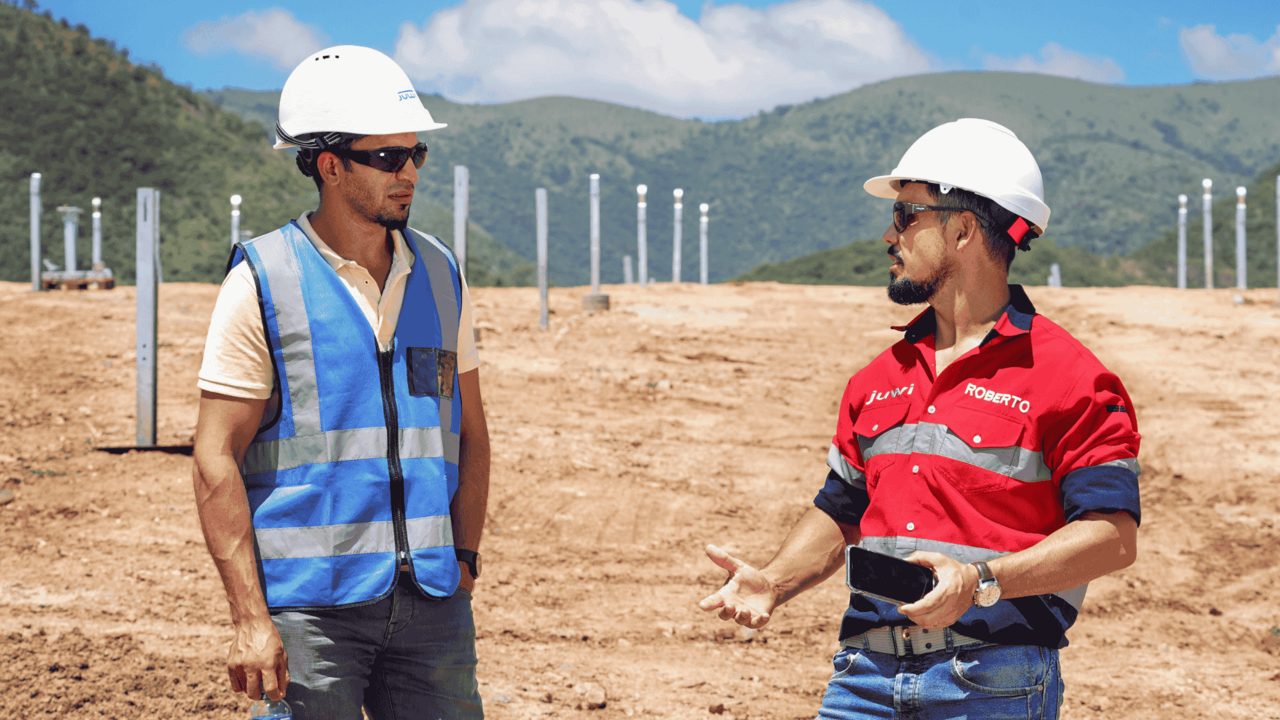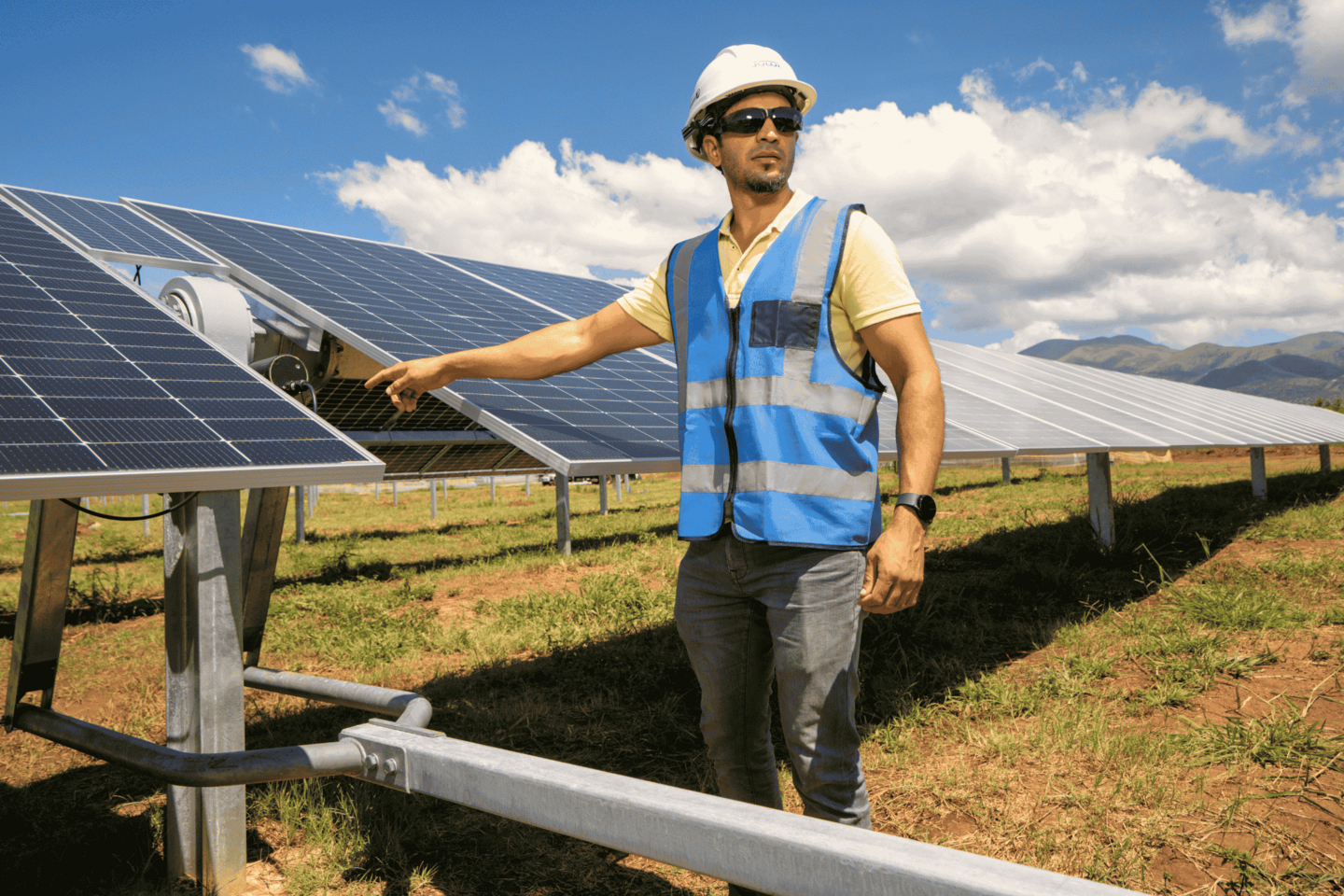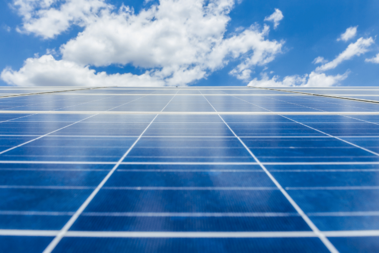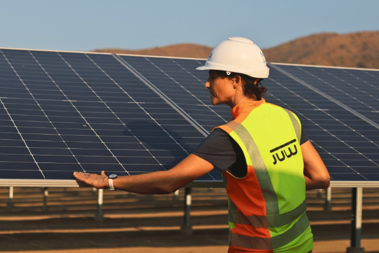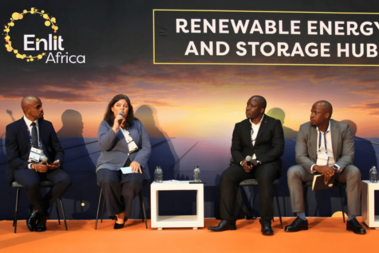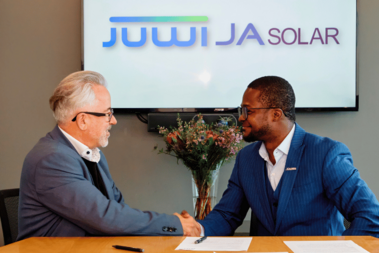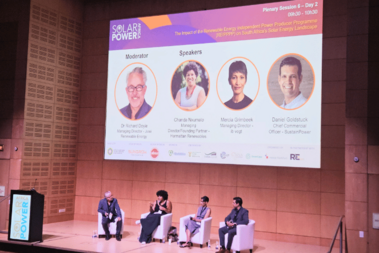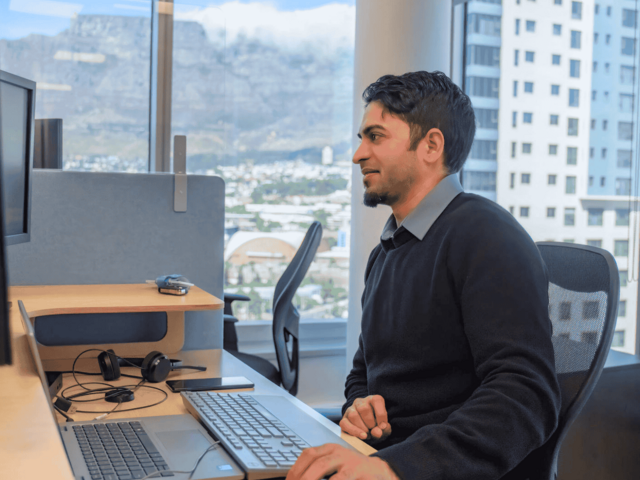
People in Energy: Meet Zaahid, Cost Controller at JUWI
With a passion for numbers and a love for Excel (yes, you heard that right!), Zaahid shares insights into his role, challenges, and what excites him about the future of renewable energy in South Africa.
What does being a Project Cost Controller entail?
As a Project Cost Controller, my primary responsibility is to support the Project Manager in managing the project budget with the goal of minimizing costs, and identifying potential risks. My role also involves the ongoing maintenance, tracking, and reporting of revenue and expenses linked to a dynamic project schedule. Given the broad scope of work, various key resources from the EPC team are often assigned to a project. In this fast-moving environment and the required collaborative nature of the role’s accompanying tasks, it’s crucial to stay engaged with the team to ensure the project is executed as efficiently as possible from a cost and resource perspective. The key to success in this role is utilizing the tools and resources available to be efficient and productive - without getting creative with the numbers.
How did you end up in this industry and role?
I previously worked in more traditional industries including banking, investments and retail but I always felt a desire to be involved in something bigger than just profit margins. While margins are crucial, I sought personal satisfaction from contributing to something impactful for the planet and the economy. In South Africa, the shift to renewable energy is not just about cleaner energy; it’s driven by the need for reliable and predictably priced energy.
My previous employer was my introduction to the renewable energy sector, focusing on smaller-scale rooftop solar projects. I was intrigued by the nature and dynamics of the renewable energy EPC environment and saw potential to utilize my passion for numbers (and MS Excel). When a role opened up at JUWI—a leading EPC with a global footprint—I applied immediately. I’m still very grateful for the opportunity to work among the best and contribute to utility-scale projects.
What do you like about what you do?
I chose a career in finance because I enjoy working with numbers and Excel (nerd life!). However, traditional finance jobs can become quite repetitive. At JUWI my role involves a lot more than balancing financial statements. My job involves problem-solving, analysis, and developing processes or tools that work towards specific financial goals. Not to mention, every project is different. There’s always something new to learn and great people to learn from.
What’s been a highlight in the past year?
My site visit to the Barberton solar farm during its construction stands out. Upon arrival, there was lightning, rain, and thunder, followed by scorching heat. The engineers were smiling because of the high irradiance, but I’ve never been happier to see an air conditioner in my life.
After finding the courage to brave the sun it was fulfilling to witness the development of the solar plant and to put a picture to the numbers. (I decided to trust that all 18592 solar modules were there instead of counting them myself!). It was also humbling to see the dedication of the construction staff, who sacrifice time away from family (though this may be favorable for some) and approach each day with passion and positivity. I realized that my role plays a pivotal part in the ecosystem, and goes beyond crunching numbers.
What are some of the common challenges faced in financial planning for renewable energy projects?
In South Africa renewable energy projects are highly sensitive to government policies, incentives, and regulations, which can significantly impact their financial viability and timelines. It’s important to plan for different scenarios.
Secondly, there are unique risks associated with renewable energy—such as technology performance, resource variability, and system availability— which require specific mitigation strategies.
Finally, there are a large number of moving parts in every renewable energy project which creates potential for unforeseen costs and sometimes opportunities. It’s always important to maintain a well-scrutinized budget so that everyone knows the status of the project and you can adapt quickly when necessary.
What do you think the future has in store for renewable energy in South Africa?
The acceleration of the energy transition is exciting, and I’m curious to see what new technologies will emerge.
I’m also hopeful that with more collaboration between the private and public sectors,will lead to innovative developments that optimize the use of the national grid.
From a consumer perspective, I look forward to seeing price stabilization, energy reliability, and increased accessibility benefiting the public.
What personal qualities do you think are key to being successful in this industry?
Your mindset is your biggest asset. As the industry grows and evolves, we’ll all encounter new challenges and opportunities. How we respond will depend largely on the mindset we bring to the table. Positive energy always wins.



